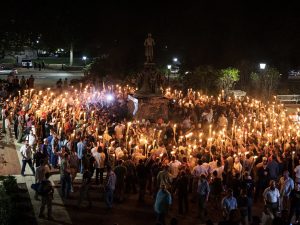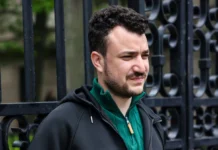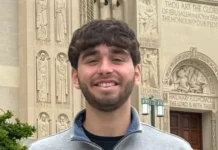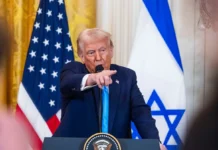
On the night of August 11, over one hundred white nationalists, KKK members, and Nazis marched on the grounds of the University of Virginia to protest the removal of the Robert E. Lee statue in Emancipation Park. Those protests and the violence that ensued sent shock waves across the UVa community.
After these events unfolded, the alt-right has expressed disgust for “political correctness,” often citing that it has gone too far.
Dr. Richard Handler is an anthropologist and the Director of the Global Studies program at UVa. He teaches the class “Nationalism, Racism, and Multiculturalism.” Current topics like nationalism and political correctness are major aspects of his field of study.
When asked about what nationalism is, Dr. Handler defined the concept as: “the dominant ideology for political and cultural organization of the modern world system.”
“The world is divided into bounded units that we call nation states. Each one of these nation states is different from the other and is unique,” Handler explained.
He contrasted however, that “racism is the belief that the world is made up of different races [but] the way they imagine differences and boundedness is the same.”
Racism and nationalism, Handler continued, are related historically because as European and North American nations began to develop, they viewed the rest of the world’s populations as “primitive races” rather than other nation-states.
A common question that arises and causes confusion among students is how patriotism differs from nationalism. At times, nationalist rhetoric is mistaken for being simply patriotic.
Dr. Handler clarified that nationalism deals with the identity of a nation-state while patriotism is related to “love of country.”
In order to be a nationalist, one would have to first identify who makes up a nation-state. These categorizations could be based on race, language, or other characteristics. Those excluded become the “others.”
Many university students across the country have embraced political correctness as a way to police language in order to avoid causing offense. Some, like members of the alt-right, argue that political correctness has gone too far to the point that it violates free speech.
Dr. Handler explains that anti-political correctness is just another way of saying anti-anti racist.
“When people are criticizing political correctness, what they’re really saying is ‘I want to be able to be racist and I want to be able to use racist terms openly and if you tell me I can’t, you’re just infringing on my free speech!'”
















